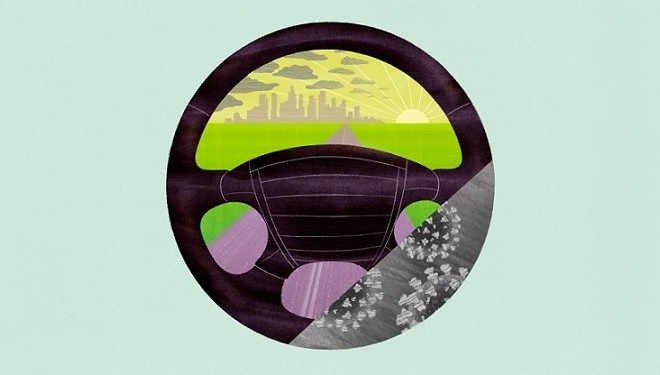
The futures of mobility after COVID-19
Scenarios for transportation in a postcoronavirus world
The pandemic has shut millions of people in their homes and disrupted every part of the transportation domain, but leaders can’t simply wait to see how tomorrow’s reshaped mobility ecosystem turns out. We offer four possible scenarios for the future of mobility.
Introduction: The mobility world remade
FOR roughly a decade, we have witnessed incremental but rapid progress toward a new paradigm for moving people and goods. Powered by quickly evolving technologies, new business models, and shifting societal expectations, a future of mobility that is more sustainable, equitable, efficient, and convenient than today seemed inevitable, even if the precise timing and nature of that transformation was uncertain.
And then the mobility landscape was seemingly upended.
As the world grapples with the twin crises of a global pandemic and the potential for a severe and prolonged economic downturn, the imminent emergence of a new mobility ecosystem appears in doubt. Worse: The situation is so fluid, uncertain, and complex that acting with certainty or even conviction can feel less bold than reckless.
But leaders can’t sit back and wait to see how it all plays out, and that’s where scenario thinking comes in, clarifying the choices before us—and their implications. To that end, this article explores four possible futures of mobility over the next three to five years. These scenarios take as their starting point a set of high-level scenarios developed by Deloitte and collaborators, which describe the contours of the world based on how severe the pandemic turns out to be and on the degree of cooperation between and within governments in their response.1 From these descriptions, which are industry-agnostic, we explored how the crisis is likely to affect the movement of people and goods, including potential implications for players across the mobility landscape.
Unsurprisingly, we found wide variance across—and within—scenarios. But we also found important commonalities, such an increased emphasis on hygiene in vehicles, or the growing importance of last-mile delivery and e-commerce, upon which companies can act today with at least a modicum of confidence.
Συνέχεια ανάγνωσης εδώ
Πηγή: deloitte.com




